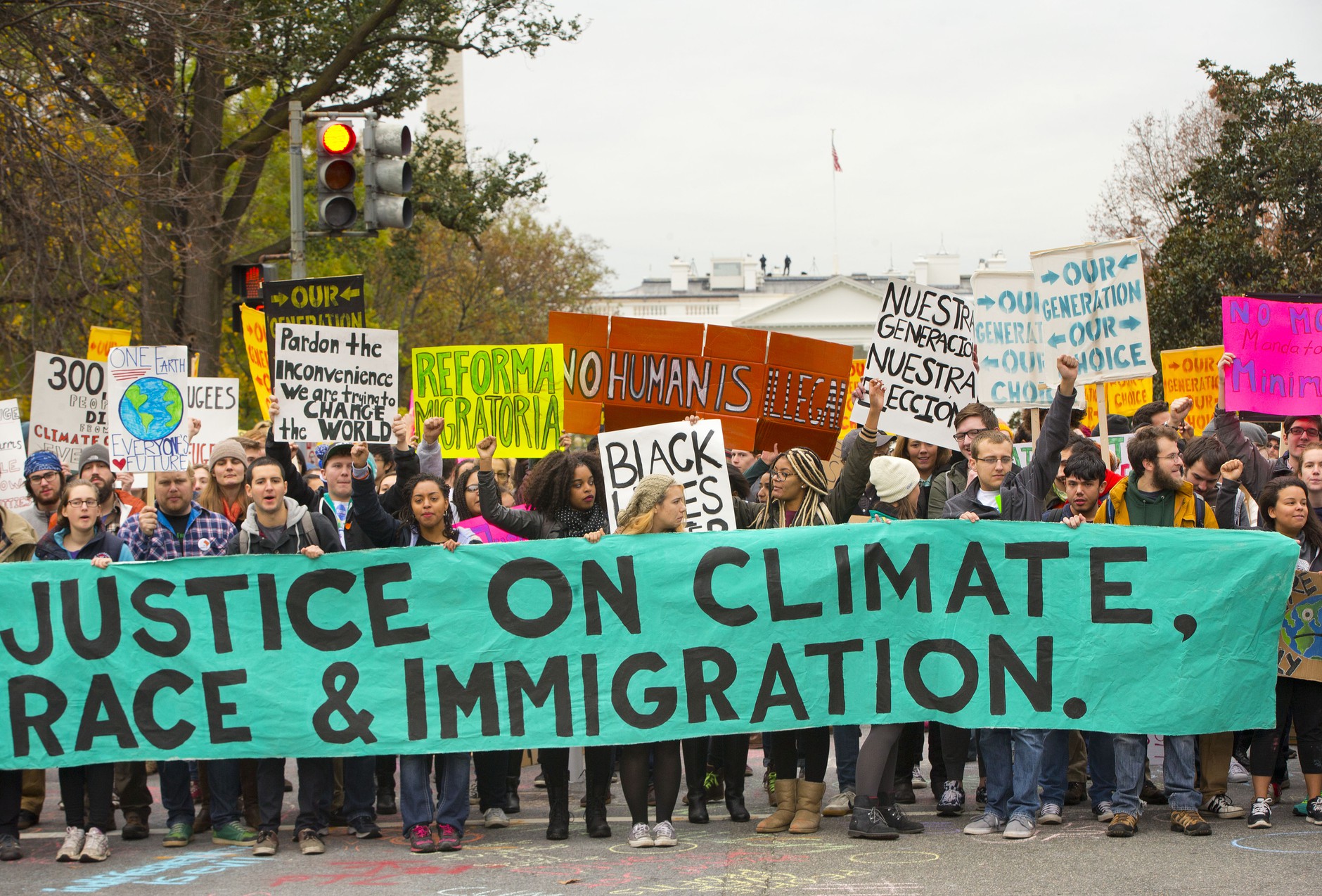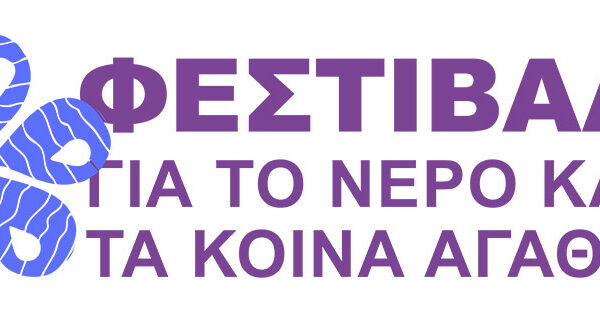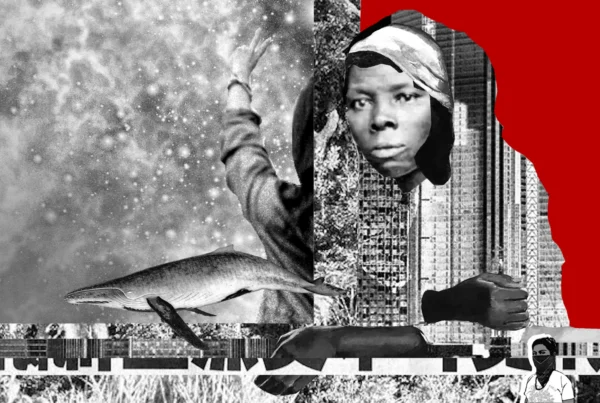The Call for Proposals is open for an international (online) workshop that the Climate Justice Network will organize on June 28-30, 2021. Deadline for applications is April 1.
This workshop will host a selected group of young and under-represented scholars and practitioners focused on climate justice in urban and rapidly urbanizing areas of the global South, including the South within the global North, i.e., frontline black and brown communities and indigenous peoples in North America. It is part of the project Avoiding “Day Zero” in the U.S. and the Global South: Climate Justice in Teaching and Policy Action, supported by the American Political Science Association (APSA).
The cases we seek for the Workshop are not just about documenting exclusions and injustices (such as lack of participation in urban climate planning or adverse effects of climate mitigation projects on urban poor), but rather, analysis of initiatives in pursuit of climate justice. These initiatives that actors in state, market, society, and local governments take to actively promote a socially-just approach to climate action or climate preparedness. Some examples include a social justice group articulating how the interests of women vendors or other informal street vendors may be integrated into a city climate action plan. Another instance may be a municipal program that promotes the sourcing of locally produced food within local public institutions or protects low-income neighborhoods against the potential impacts of climate gentrification. A “case study” in this context means analyzing who are the actors and agencies leading these campaigns, who do they collaborate with, what frames they use to define climate justice, what effects or impacts have on urban climate policy/planning, what barriers they face, and how they seek to overcome such obstacles in specific instances.
The selected participants will present and brainstorm further development of their cases based on a framework developed by the Workshop organizers to ensure consistent writing and analysis of important climate justice questions in different but comparable contexts. The Workshop will become the basis for the preparation of an edited volume on urban climate justice. Additionally, we also plan to produce teaching modules and materials based on the case study materials presented at the Workshop. We also hope this Workshop will expand and solidify the Climate Justice Network (CJN) as a hub that brings together academics, activists, and practitioners.
Interested candidates are requested to submit the following:
(1) A 1,000- word case study proposal containing the following sections:
- Abstract (350 words): showcase the core argument, message, or a puzzle related to urban climate justice that your case addresses;
- Research Site and Methods (300 words): explain some of the most critical features of your research site/s and what methods have been/will be used for data collection and analysis; and
- Summary of the case study findings (350 words): what does your case tell us about how different actors and agencies seek to secure climate justice?
(2) A two-page Curriculum Vitae (CV)
Please email your application material by April 1, 2021, to: [email protected]
Photo: Pablo Martinez Monsivais/AP (2019 via CityLab)






